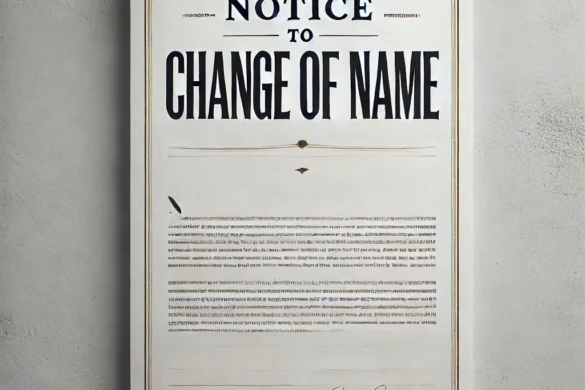The World Bank has agreed to lend Zambia more than $100 million to reduce environmental health risks in polluted mining areas and support economic diversification.
Mining is a major contributor to the economic growth of Zambia, Africa’s second biggest copper producer, but it has left environmental problems in some mining towns.
The World Bank said in a statement that $65.6 million would be spent on reducing environmental health risks and $40 million to support economic diversification through agribusiness and trade projects.
“The project is very significant for Zambia because it will contribute to clean up some parts of the old mining town of Kabwe which still has unacceptably high levels of lead in the soil,” the World Bank said.
This diversification project is expected to reach 4,000 farmer households and 300 small- and medium-sized enterprises. The project would have at least 30,000 direct beneficiaries, the World Bank said.




